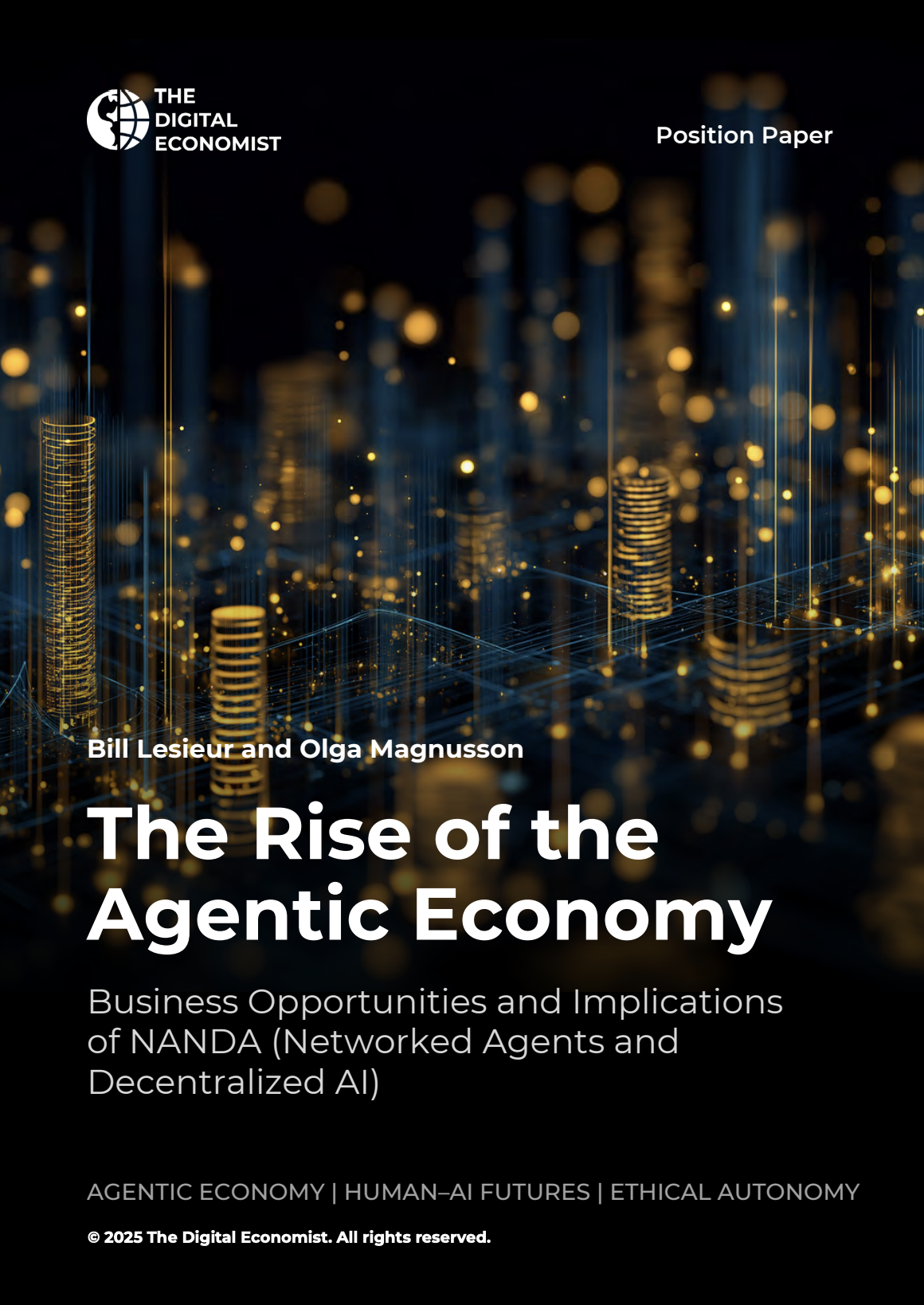
AI is shifting from a predominantly centralized model, controlled by a fewdominant players, toward a hybrid landscape that incorporates decentralizednetworks of autonomous agents.NANDA (Networked Agents and Decentralized AI) is a pioneering open protocoldesigned to establish an actual “Internet of AI Agents,” enabling autonomous AIsystems to interact, transact, and collaborate across decentralized networks—much like the Domain Name System (DNS) revolutionized the early web.NANDA provides an open network for the discovery of AI agents, a trust framework with credentials, and a collaborative ecosystem.By building on Anthropic’s Model Context Protocol (MCP) and Google’s Agent-toAgent Protocol (A2A), NANDA extends these frameworks to allow businesses andindustries to leverage interoperable, intelligent AI systems without reliance ontraditional control constraints such as centralized gatekeepers, siloed platforms,limited discoverability, and opaque trust models.As AI advances, focusing only on centralized models isn’t enough—AI mustbecome autonomous, enabling agents to work efficiently across industriesand ecosystems. This paper explores the business implications, governancechallenges, and strategic opportunities associated with NANDA and the rise ofthe Agentic Economy.


